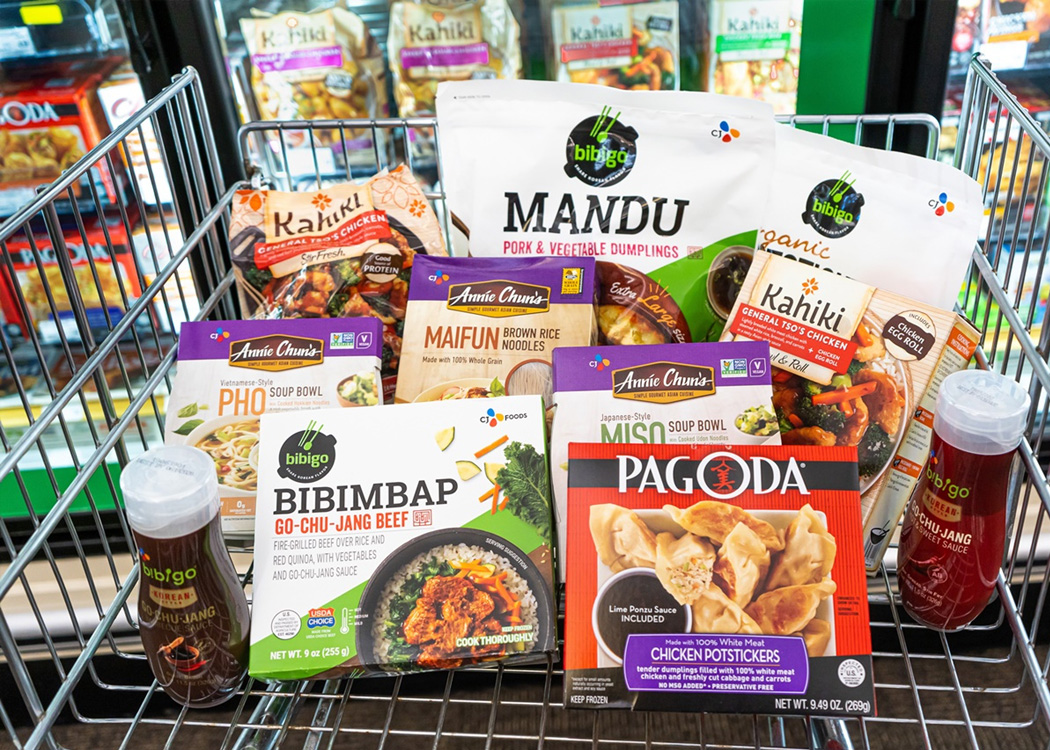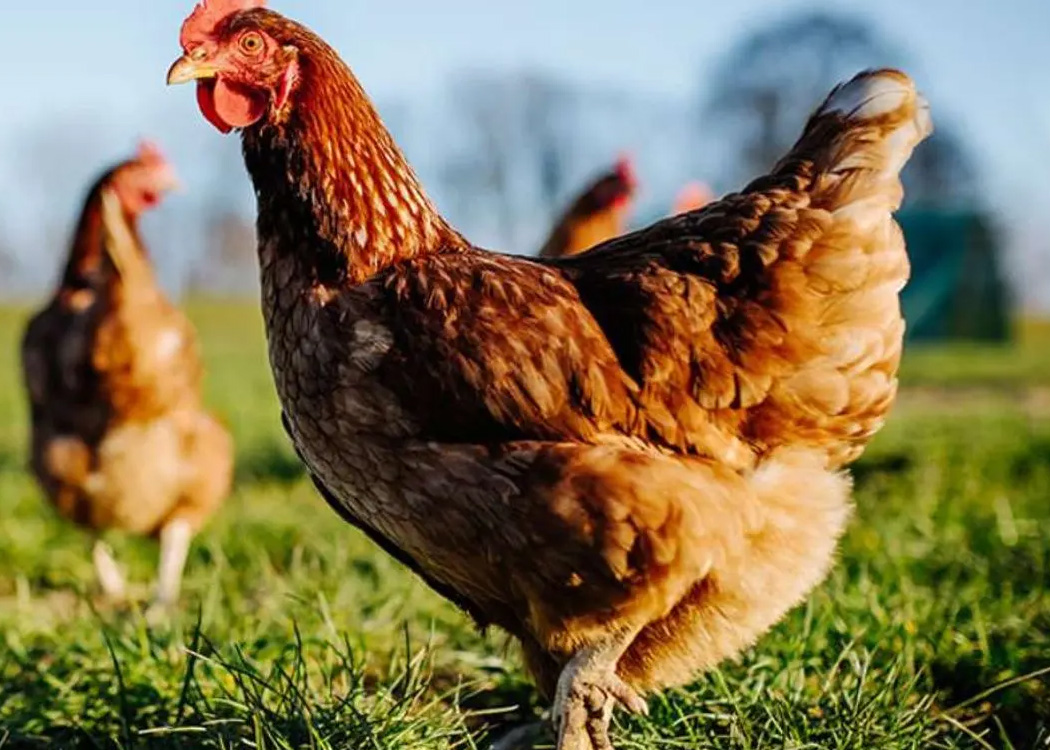SEOUL: Fueled by the global popularity of Korean food culture, South Korea’s agricultural and food exports soared to a record-breaking $6.67 billion during the first half of 2025, according to the Ministry of Agriculture, Food and Rural Affairs.
This marks a 7.1% increase compared to the same period last year, when exports stood at $6.22 billion — setting a new all-time high for the January to June window.
🍜 K-Food Leads the Surge
Korean food staples continued to drive demand in international markets, led by:
- Instant noodles (ramyeon): $731.7 million in exports, up 24%
- Korean sauces: Rose 18.4% to $228.4 million
- Ice cream: Climbed 23.1% to $65.5 million
- Chicken meat: Increased 7.9% to $45.6 million, buoyed by sales of frozen chicken and samgyetang (ginseng chicken soup) in the United States
In addition, exports of farm machinery, veterinary pharmaceuticals, and agricultural chemicals reached $1.5 billion, reflecting a 3.1% increase over the previous year.
🌍 Strong Growth Across Key Regions
South Korea’s food and agro products gained significant traction in major global markets:
- North America: Jumped 24.3% to $1.03 billion
- European Union and UK: Increased 23.9% to $421.8 million
- Gulf countries (incl. Saudi Arabia & UAE): Up 17.8% to $182.6 million
- Commonwealth of Independent States & Mongolia: Grew 9% to $243.1 million
This global growth has been largely attributed to the ongoing K-Food wave, as Korean cuisine continues to win fans worldwide through dramas, K-pop, social media, and rising health-conscious trends.
🧭 Government Commits to Further Expansion
Despite global trade challenges, including U.S. tariffs and currency fluctuations, Agriculture Minister Song Mi-ryung praised the combined efforts of exporters and government agencies for achieving the record performance.
“We will continue to support Korean food exporters and introduce more strategies to achieve our goal of $14 billion in total agro-food exports by year-end,” said the minister in an official statement.
The government’s proactive promotion of Korean food abroad — through trade expos, halal certification, cultural diplomacy, and digital marketing — is expected to remain a key driver of export momentum.
With the global appetite for K-Food still on the rise, South Korea’s food and agriculture industry is poised to play an even bigger role in the nation’s economy in the months ahead.






